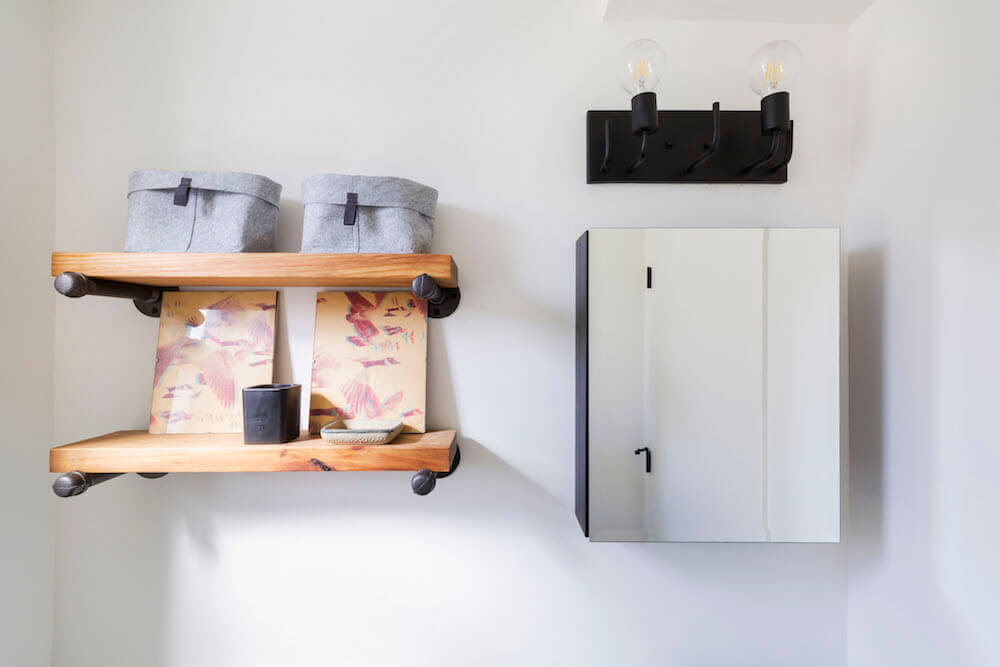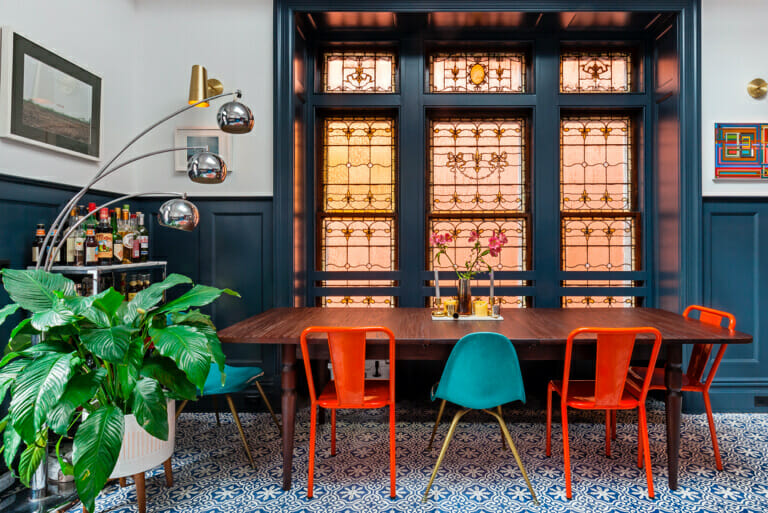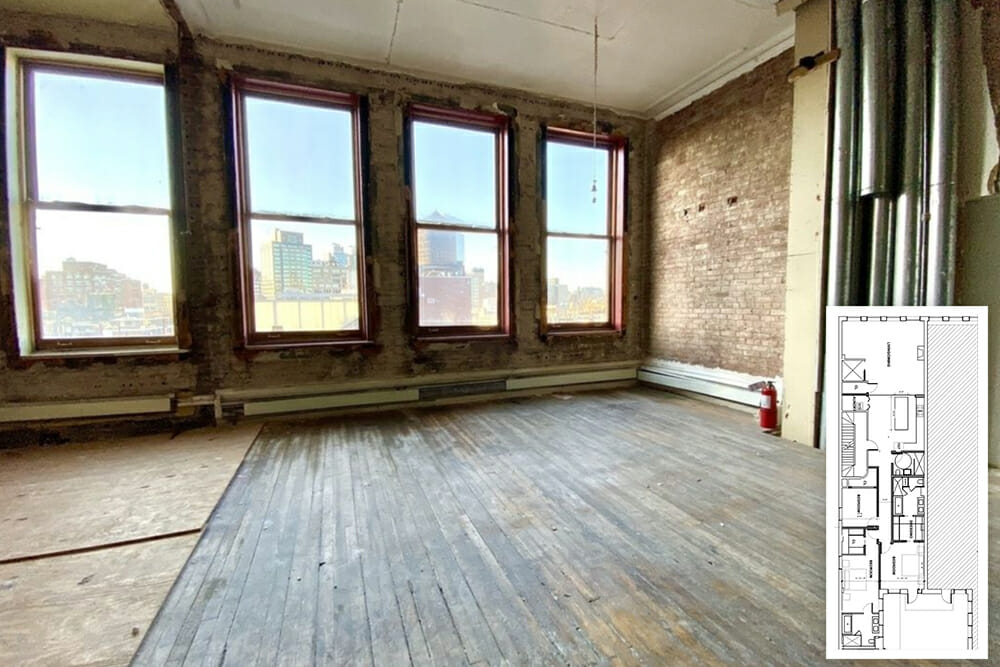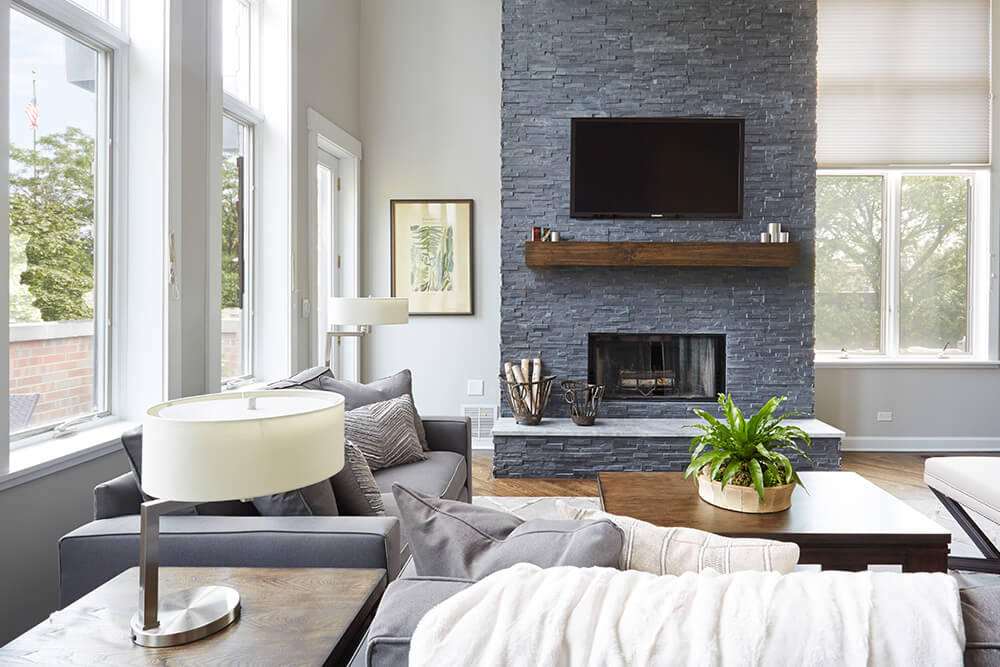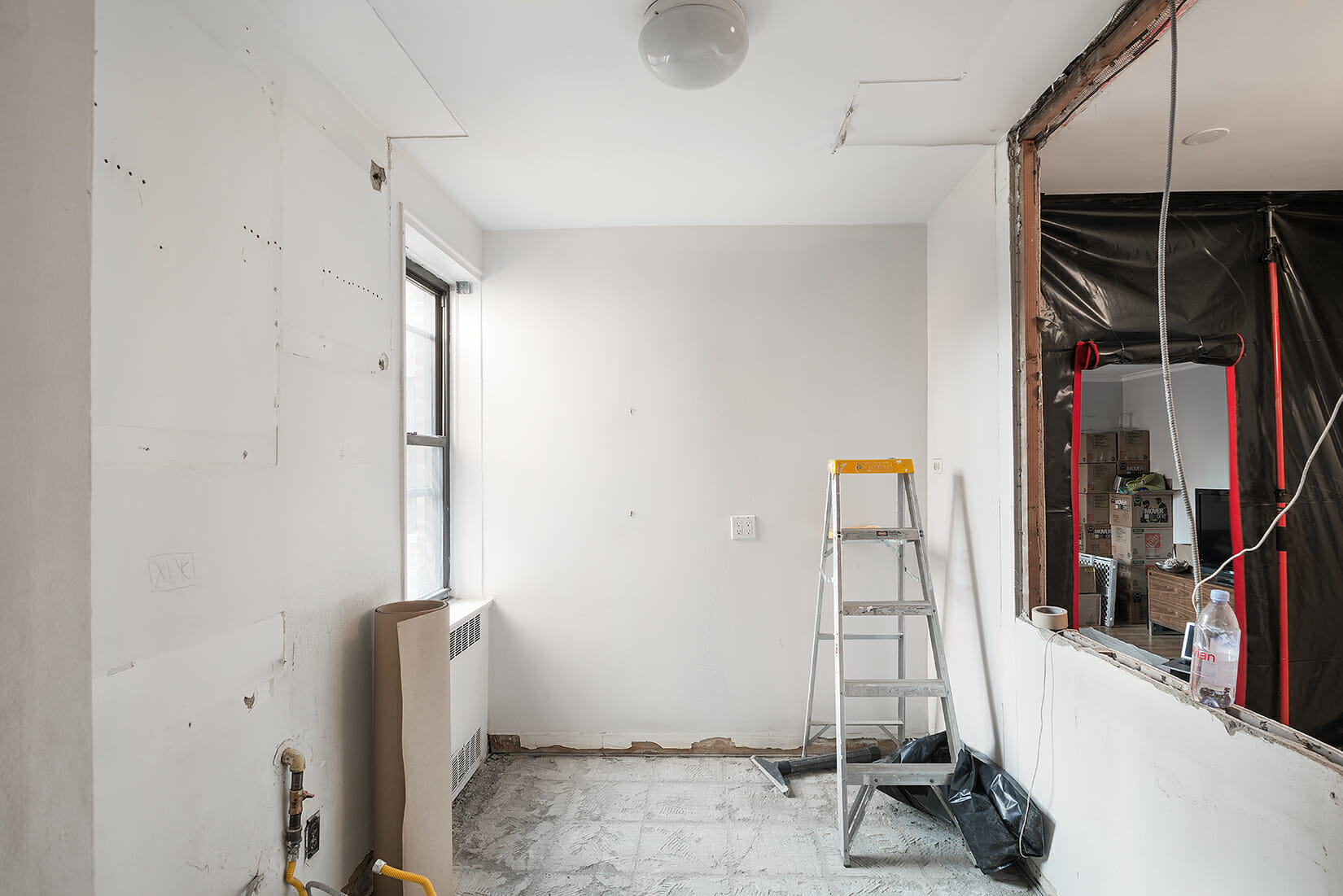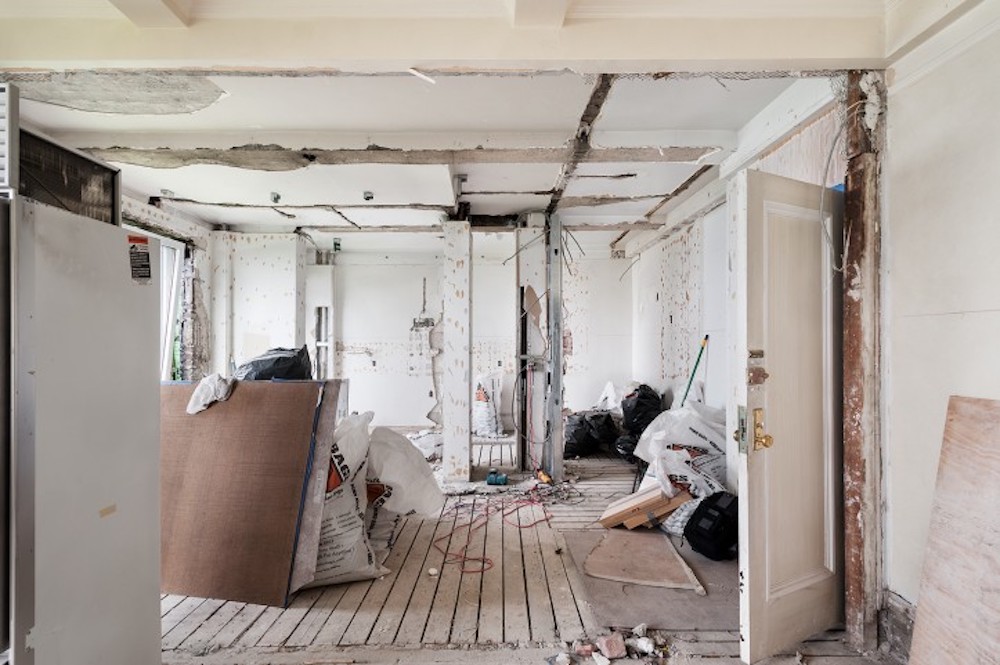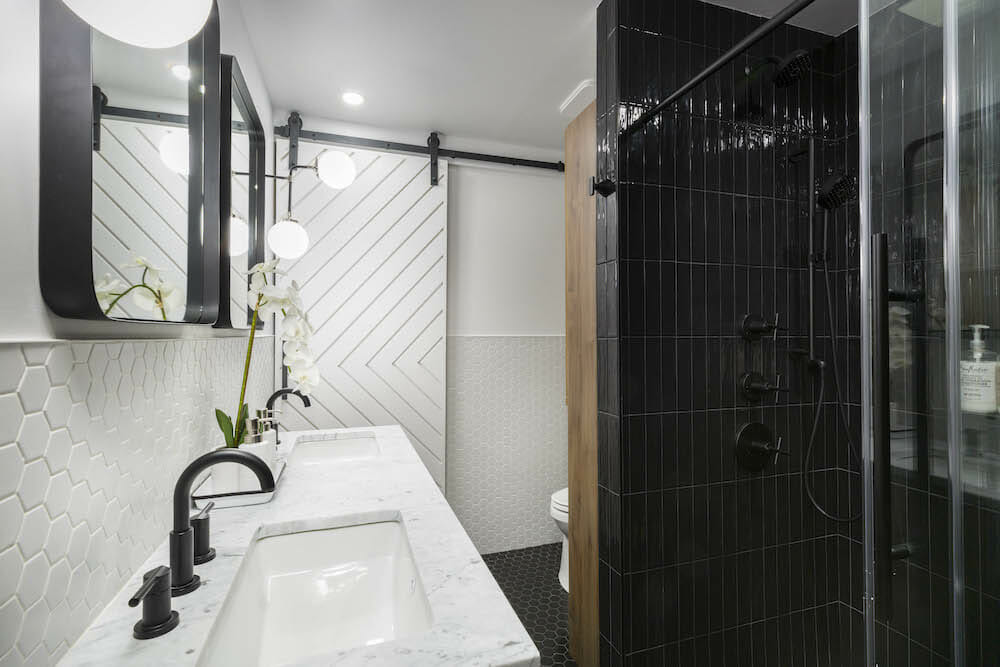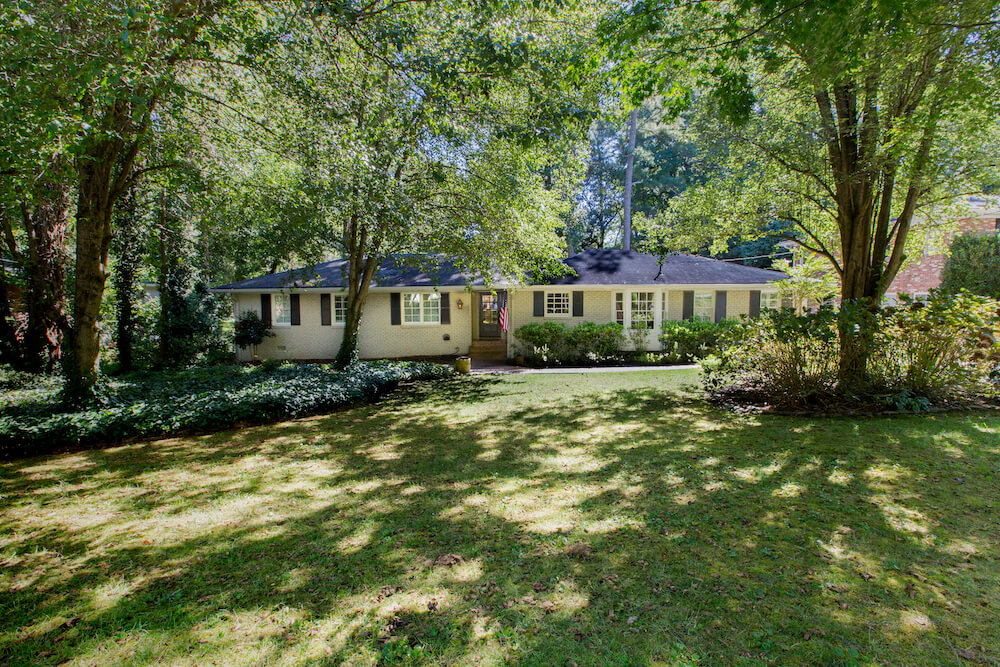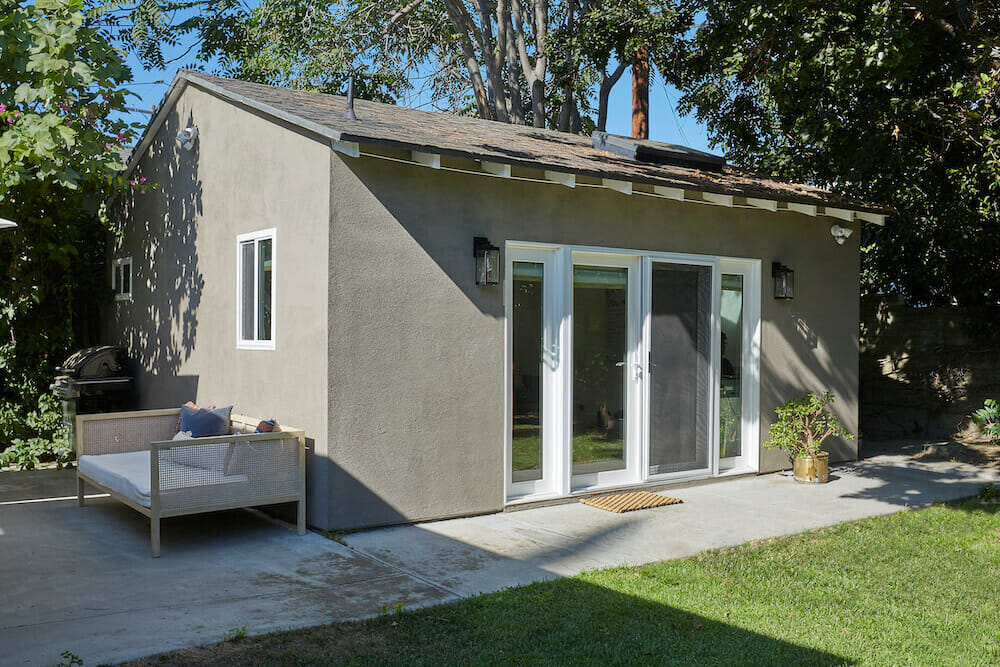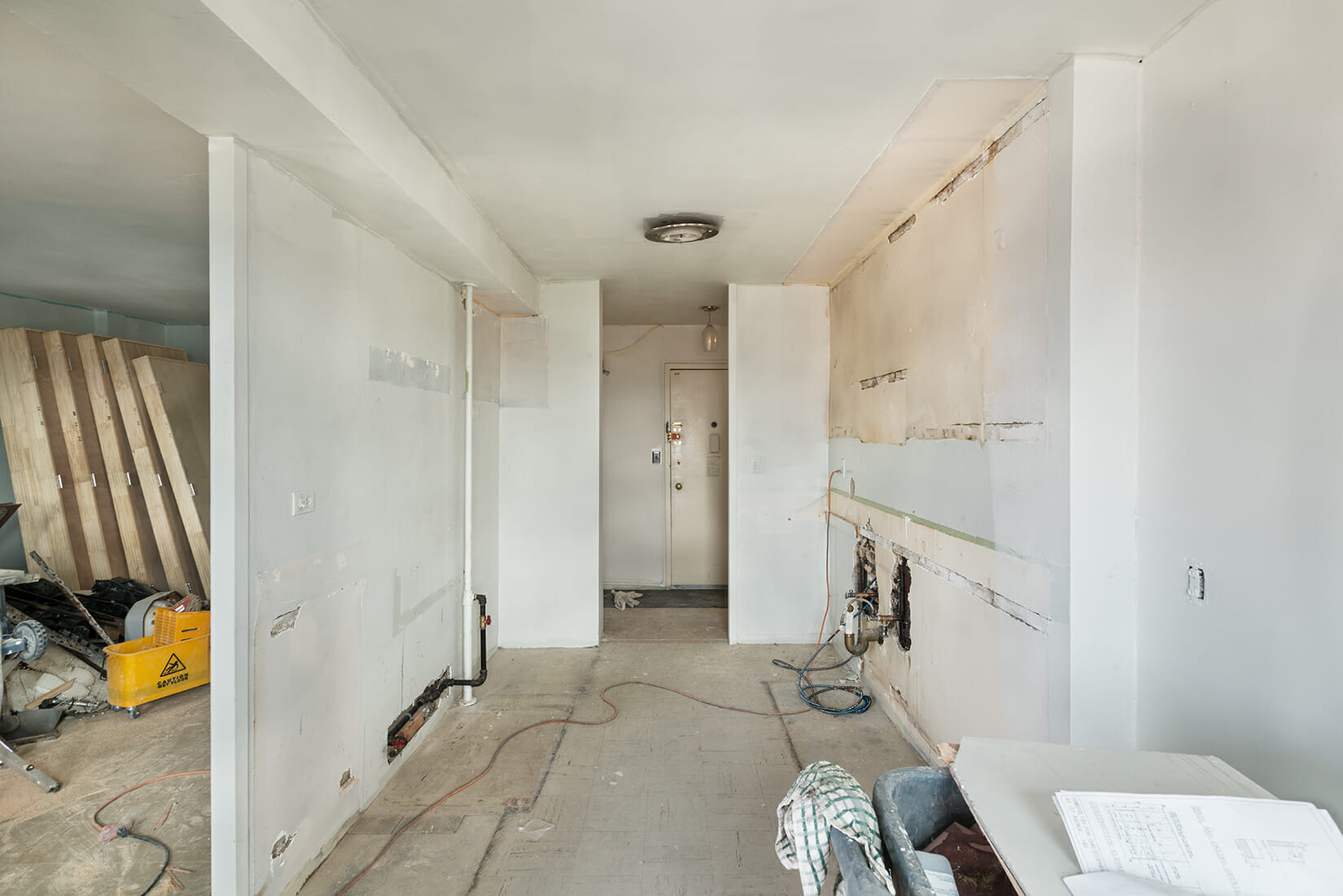In the humid embrace of Florida, where sunshine battles daily with torrential rain, homeowners face a constant adversary: mold. This insidious enemy thrives in the damp air, lurking in corners and clinging to grout. For many residents, the struggle intensified within their bathroom, where an outdated bathtub provided the perfect breeding ground for mildew and moisture.
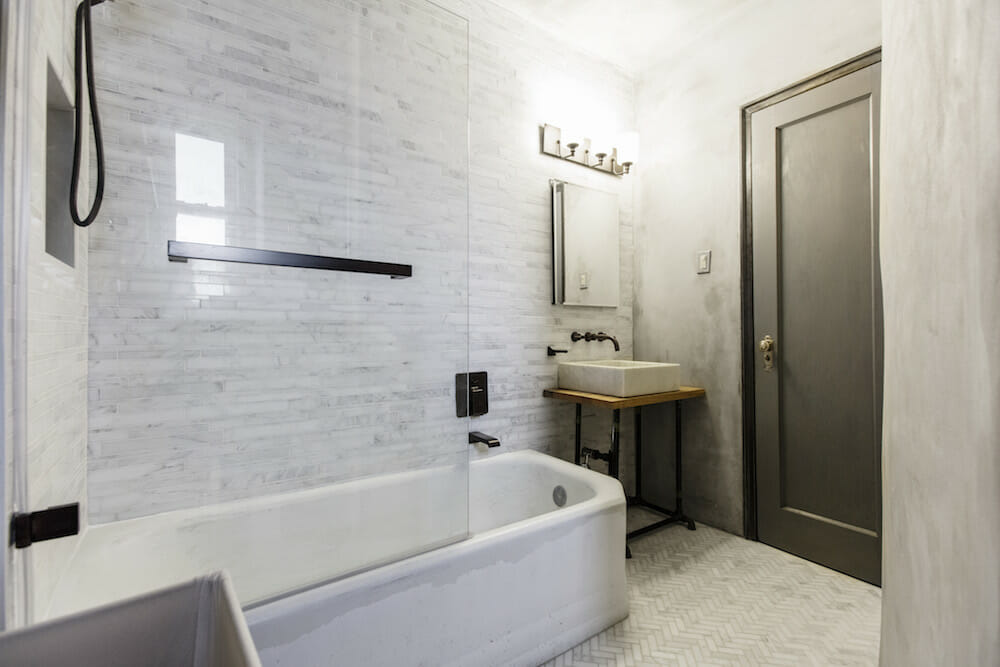

Recognizing this shared issue, a growing number of Florida homeowners are making a strategic decision: to embrace the tub-to-shower conversion. This move, more than just an aesthetic upgrade, represents a proactive stance against the relentless humidity, a bid to reclaim their bathrooms from the clutches of moisture and create healthier, more enjoyable living spaces.
Ready to renovate? Start the journey here for free!
Here you can learn more about our services and locations. Alternatively, browse more home renovation inspirations, processes, and cost guides.
The Tub-to-Shower Conversion Solution
Fortunately, there’s a powerful weapon in this fight against humidity: the tub-to-shower conversion. By eliminating the bathtub, a significant source of moisture, homeowners can significantly improve ventilation and air circulation within the bathroom.
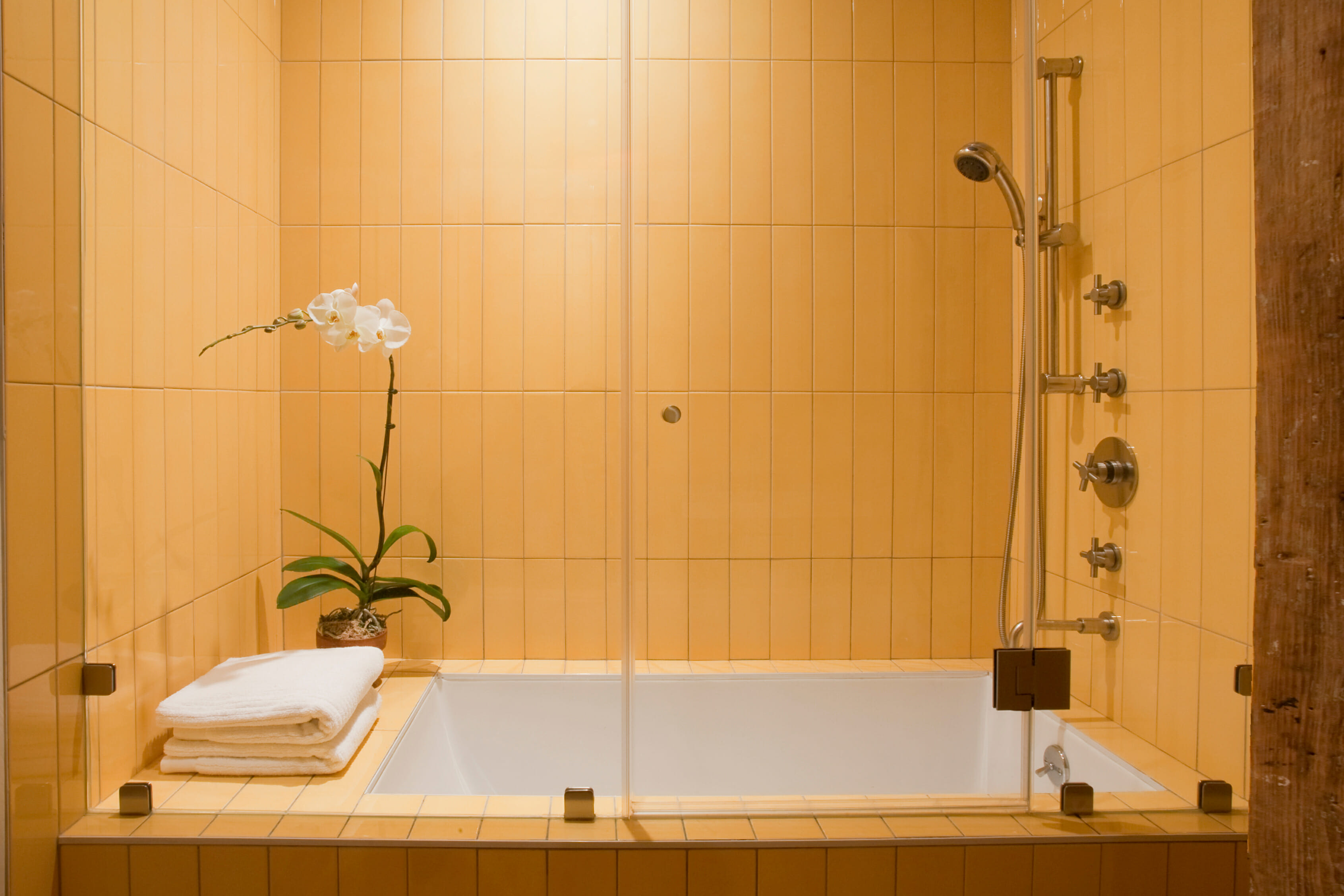

The kids’ bathroom is playful yet sophisticated with the help of these bright yellow tiles.
- Improved Ventilation: Open showers allow for better air flow, reducing the buildup of steam and moisture.
- Reduced Moisture Buildup: With no standing water, the risk of mold and mildew growth is significantly diminished.
- Easier Cleaning and Maintenance: Showers are generally easier to clean than bathtubs, requiring less scrubbing and fewer harsh chemicals.
- Enhanced Safety and Accessibility: Showers can be designed with features like grab bars and no-step entrances, making them safer and more accessible for people of all ages and abilities.
- Increased Home Value: A modern, well-maintained shower can significantly enhance the overall appeal and value of your Florida home.
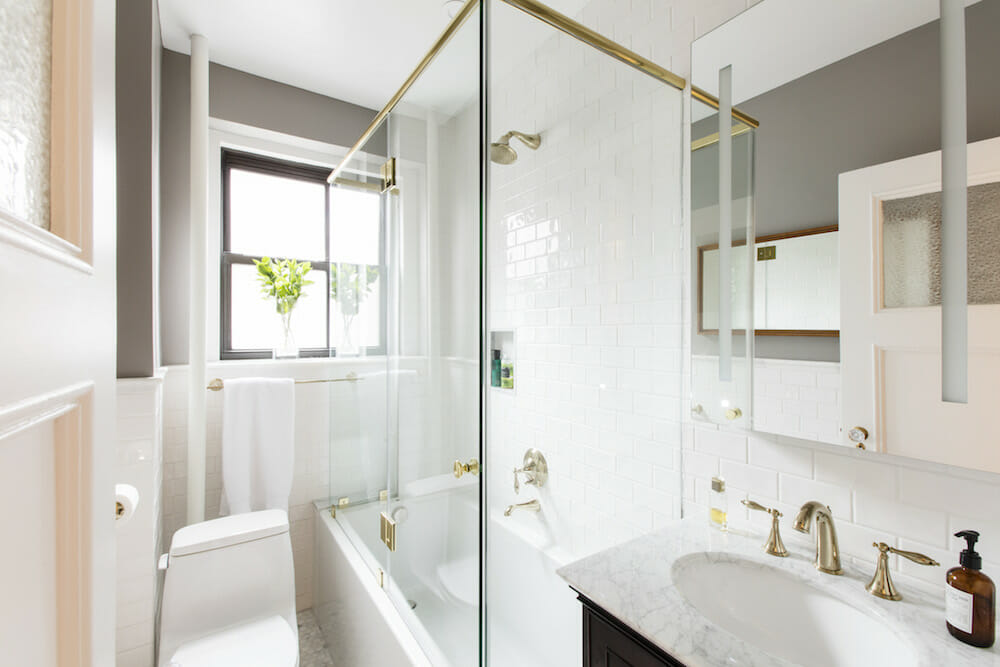

Average Cost for Tub-to-Shower Conversion in Florida
- Low-End: $2,000 – $5,000
- Mid-Range: $5,000 – $10,000
- High-End: $10,000 and above
These are general estimates. The actual cost of your tub-to-shower conversion will depend on the specific details of your project. It’s crucial to obtain detailed quotes from multiple qualified contractors to get an accurate understanding of the costs involved.
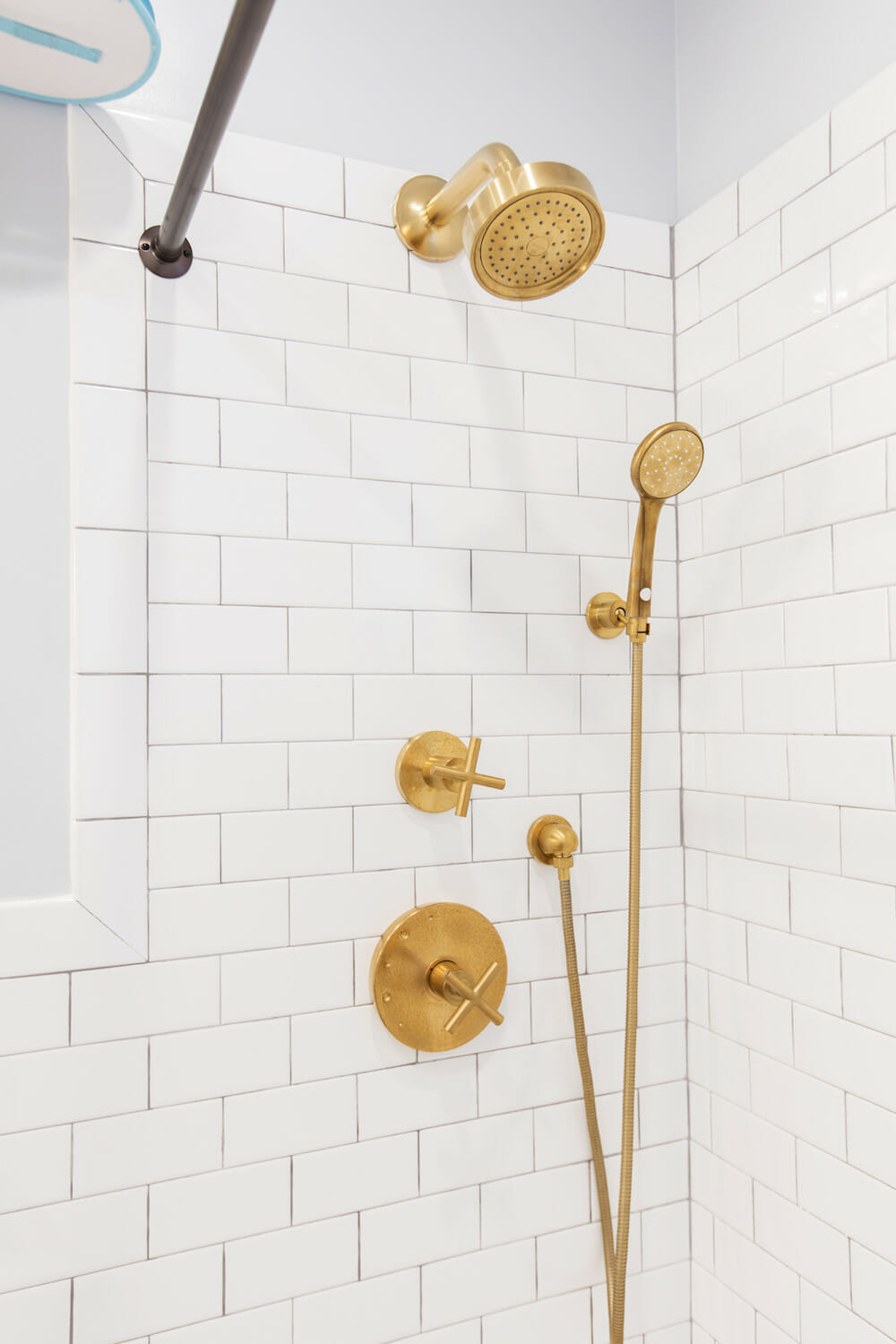

The cost of a tub-to-shower conversion in Florida can vary significantly depending on several key factors:
-
Materials:
- Low-End: Basic materials like standard ceramic tile, plastic shower enclosures, and budget-friendly fixtures will keep costs lower.
- Mid-Range: Upgrading to higher-quality materials like porcelain tile, glass enclosures, and more stylish fixtures will increase the cost.
- High-End: Utilizing premium materials such as natural stone (marble, granite), custom-made glass enclosures, and high-end fixtures (rain showerheads, body jets) will significantly increase the overall expense.
-
Labor:
- Contractor Experience: Experienced and highly-rated contractors will generally charge more than less experienced ones.
- Labor Costs: Labor costs can vary significantly across different regions of Florida.
- Project Complexity: More complex projects, such as those involving extensive demolition, intricate tile work, or accessibility features, will require more labor time and therefore higher costs.
-
Size and Complexity of the Bathroom:
Renovate to live, Sweeten to thrive!
Sweeten brings homeowners an exceptional renovation experience by personally matching trusted general contractors to your project, while offering expert guidance and support—at no cost to you.
- Small Bathrooms: Smaller bathrooms generally require less work and materials, resulting in lower costs.
- Large Bathrooms: Larger bathrooms require more materials and labor, leading to a higher overall cost.
- Unique Features: Adding unique features such as multiple showerheads, built-in seating, or intricate tile patterns will increase the project’s complexity and cost.
-
- Grab Bars: Installing grab bars for safety and accessibility adds to the overall cost.
- Roll-in Showers: Creating a completely barrier-free shower with a sloped floor for wheelchair accessibility requires specialized construction and increases the project’s expense.
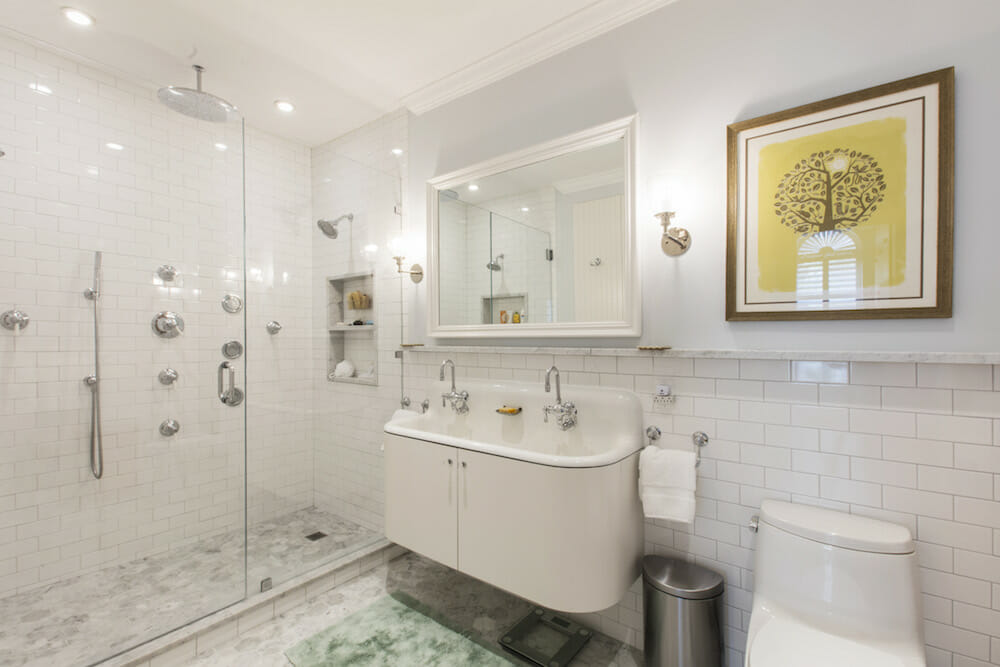

Design and Installation Considerations
The tub-to-shower conversion offers a wealth of design possibilities.
- Walk-in Showers: These provide easy access with no step-over, making them ideal for people of all ages and abilities.
- Roll-in Showers: Designed for wheelchair accessibility, these showers have a completely flat floor.
- Shower Enclosures: Choose from a variety of materials like glass, acrylic, or tile to create a stylish and functional enclosure.
- Tile and Flooring: Select from a wide range of tile options, including ceramic, porcelain, glass, and natural stone, to create a unique and personalized look.
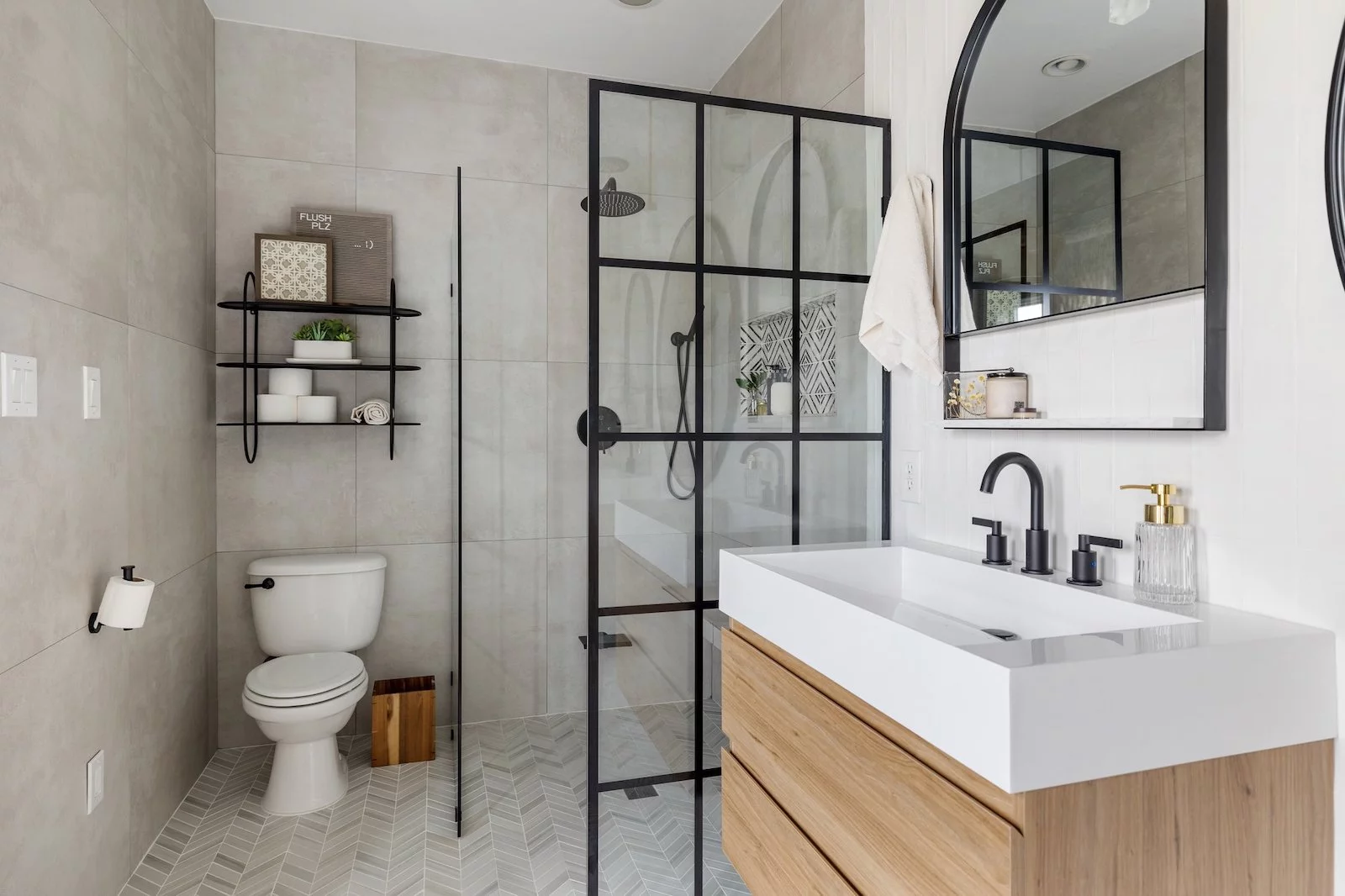

The installation process typically involves:
- Demolition: Removing the existing bathtub, surrounding tile, and any other necessary components.
- Plumbing and Waterproofing: Ensuring proper plumbing connections and installing a waterproof membrane to prevent leaks.
- Installation of Shower Components: Installing the shower pan, walls, and fixtures (showerhead, faucet, etc.).
- Tile Work and Finishing Touches: Installing tile, grouting, and adding any finishing touches like trim and accessories.
Maintaining Your Shower and Preventing Mold
A crucial aspect of enjoying your new shower is ensuring its longevity and preventing the return of the very enemy you fought to defeat: humidity and mold. Regular cleaning and proactive maintenance are key to keeping your shower sparkling and mold-free.
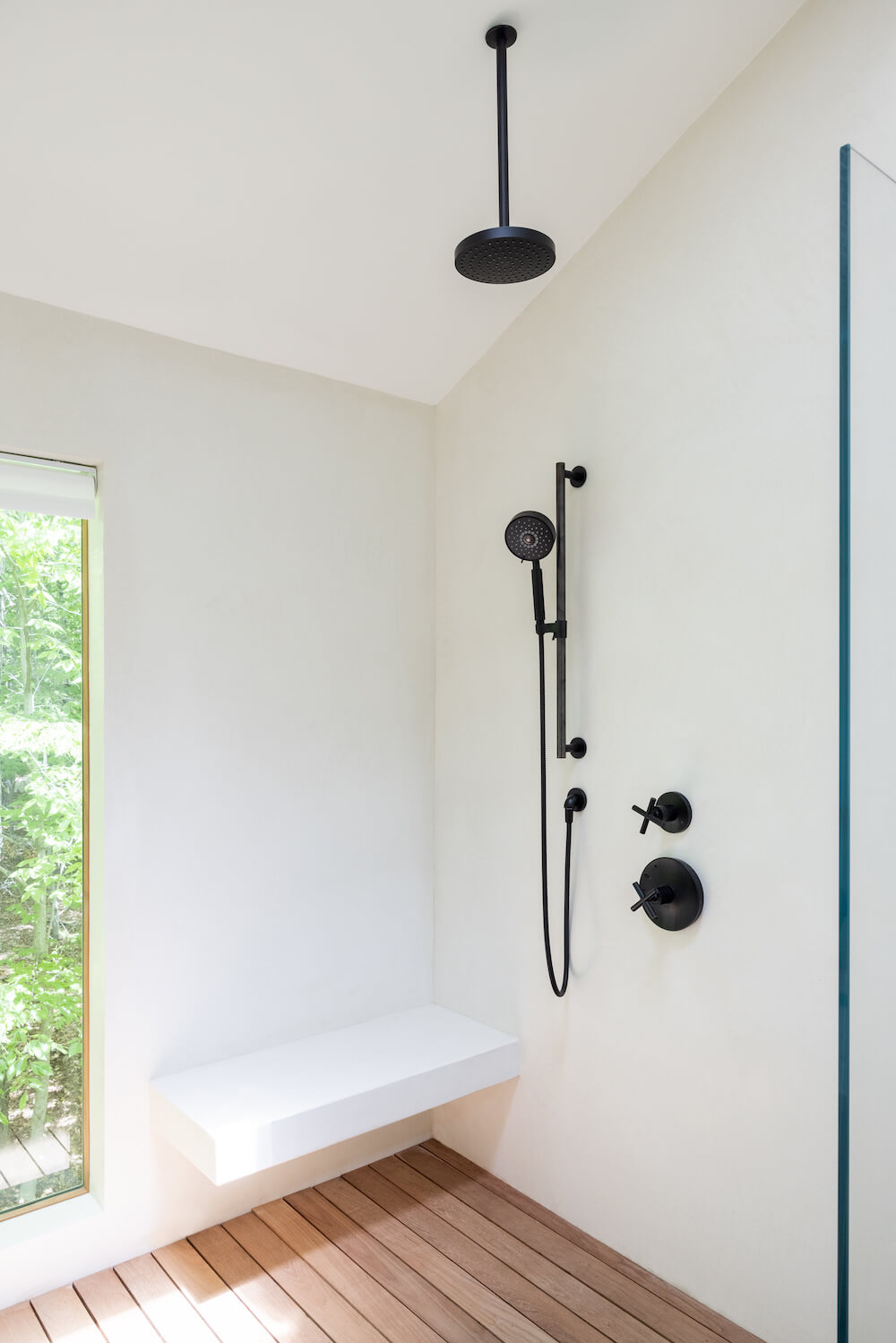
-
Prioritize Proper Ventilation:
- Install and use an exhaust fan during and after each shower.
- Ensure the exhaust fan is adequately sized and properly vented to effectively remove moisture from the air.
- Consider installing a timer to ensure the fan runs for a sufficient duration after your shower.
-
Harness the Power of Dehumidifiers:
- In humid climates like Florida, consider using a dehumidifier in the bathroom to actively remove excess moisture from the air.
- Run the dehumidifier regularly, especially during and after showers.
-
Embrace Natural Ventilation:
- Whenever possible, open windows to allow for natural air circulation and to help reduce humidity levels.
By incorporating these maintenance practices into your routine, you can significantly reduce the risk of mold and mildew growth, ensuring your shower remains a clean, healthy, and enjoyable space for years to come.
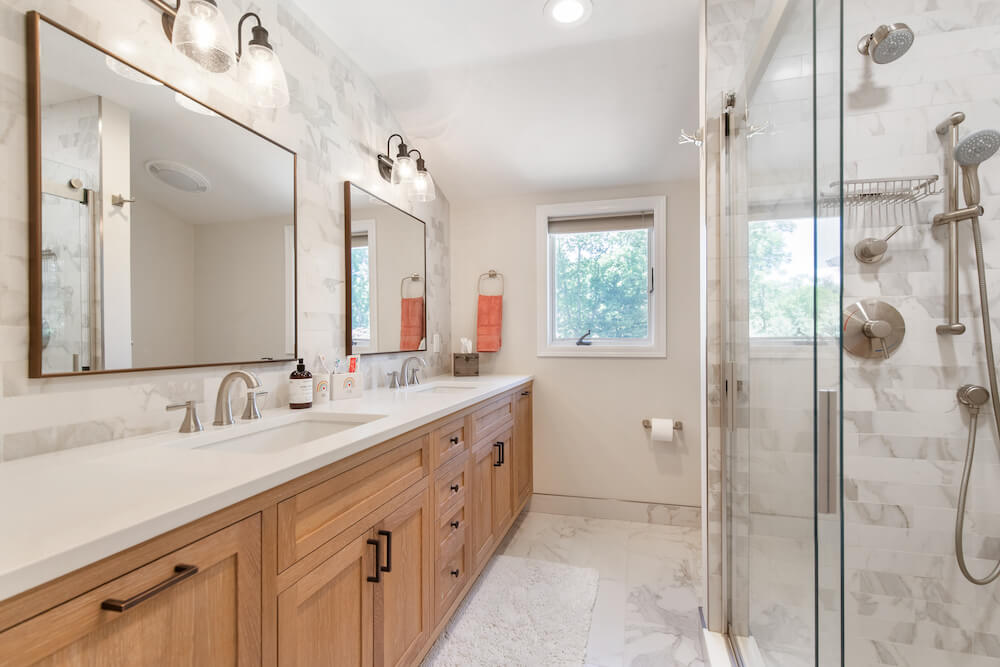
A tub-to-shower conversion offers homeowners a practical solution to the challenges posed by the state’s humid climate. By eliminating the moisture-trapping bathtub, homeowners can significantly reduce the risk of mold and mildew, improve air quality, and create a safer and more enjoyable bathroom experience.
While the cost of this renovation varies depending on factors like materials and labor, the long-term benefits often outweigh the initial investment. By carefully planning and choosing qualified contractors, Florida homeowners can transform their bathrooms into healthier and more aesthetically pleasing spaces, all while enhancing the value of their homes.
We can help plan your renovation
Find endless home renovation inspiration, detailed guides, and practical cost breakdowns from our blogs. You can also post your project on Sweeten today and get matched with our vetted general contractors and get estimates for free!
At Sweeten, we’re experts at all things general contractors. Here’s how Sweeten works: We pre-screen them for our network, carefully select the best ones for your remodeling project, and work closely with hundreds of general contractors every day.

